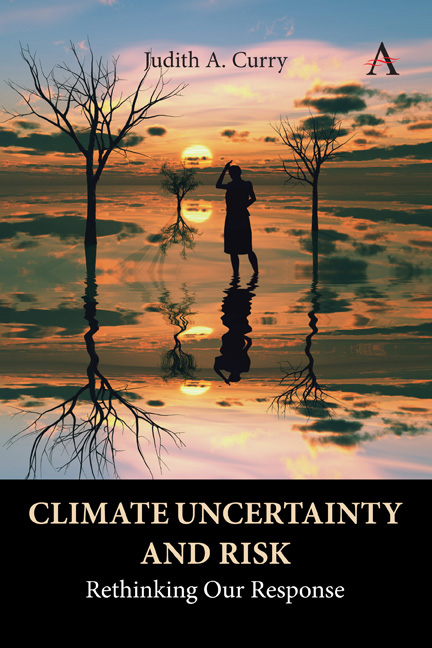Chapter Four - Mixing Science and Politics
Published online by Cambridge University Press: 28 February 2024
Summary
“When you mix politics and science, you get politics.”
—John M. Barry, author of The Great InfluenzaThe relationship between scientific knowledge and political action is far from straightforward. Scientific knowledge invariably has blind spots and is provisional. Policy for complex issues is ever more reliant on knowledge, while science can deliver ever less certainty for society's most complex problems. This tension creates a paradox that is normally resolved through political decisions, and not through the dissemination of “truth” in the sense of uncontested knowledge. Political considerations include public opinion, fiscal priorities, diplomatic considerations, and assessment of political and economic risks and rewards.
Policy decisions related to scientific findings can be fairly straightforward (tame problems), or they can be highly contentious (wicked messes). Good decisions are those that lead to desired outcomes. However, the climate change problem provides much scope for disagreement among reasonable and intelligent people as to what constitutes desired outcomes, let alone how to achieve them.
In politicized arenas, science has become increasingly like litigation, where truth seeking has become secondary to advocacy on behalf of a preferred position or policy solution. Encroachment of politics into socially-relevant science is unavoidable. Problems arise when:
• Driven by external pressures or for their own political purposes, scientists ignore data and research paths that would make their political point weaker or undermine their ideological perspective.
• Politicians interfere with the activities of science.
• Narrow framing of the scientific problem by policy makers, whereby government funding draws the efforts of scientists towards a narrow range of projects that supports preferred policies.
• Politicians, advocacy groups, journalists, and even scientists attempt to intimidate or otherwise silence scientists whose research is judged to interfere with their policy preferences or political agendas.
Models of the Science-Policy Interface
“Our ignorance is vast at every single step in this process as we go from emissions to concentrations to climate forcing to changes in temperature and other climatic attributes over to the impact assessments and damage estimates.” (Environmental and energy scientist Ferenc Toth)
The science-policy interface is comprised of social processes that encompass relations between scientists and other actors in the policy process, with the aim of enriching decision-making.
- Type
- Chapter
- Information
- Climate Uncertainty and RiskRethinking Our Response, pp. 43 - 54Publisher: Anthem PressPrint publication year: 2023



